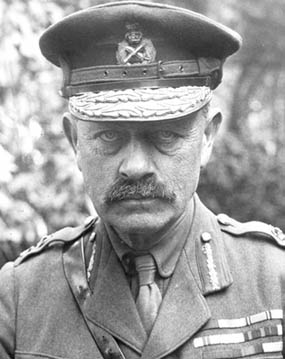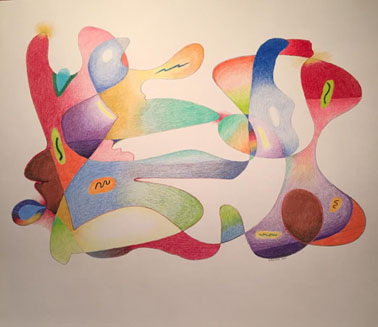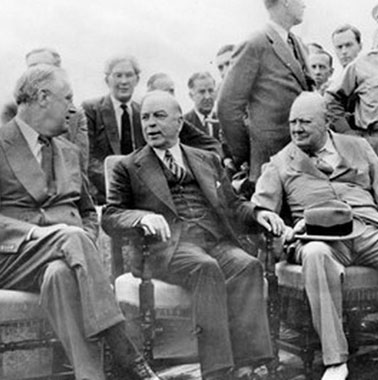Why a Royal Commission on Democratizing the Governor General of Canada makes sense in 2021
Jan 30th, 2021 | By Randall White | Category: Key Current Issues
SPECIAL FROM RANDALL WHITE, FERNWOOD PARK, TORONTO, JANUARY 30, 2021. The main reaction to the unusual resignation of Governor General Julie Payette so far has focused on how she was vetted, when Prime Minister Justin Trudeau chose her to fill the office in the summer of 2017.
The Democracy Watch advocacy group has already spoken up for a somewhat broader view of the issue, by calling on the prime minister to “democratize and Canadianize the choice of the next Governor General.”
This is important because the governor general or de facto head of state has significant reserve powers in our kind of parliamentary democracy. And this can be especially relevant for minority governments like the one we have in Ottawa now.
As authorities on the subject note, the governor general is meant to provide some degree of restraint on the prime minister, and evaluate his or her requests “to suspend Parliament or call new elections.”
From confederation in 1867 to the 1930s the Governor General of Canada was effectively appointed by the government of the United Kingdom. And this at least gave the office enough real-world independence from Canadian prime ministers to credibly assert prime ministerial restraint as required.

As the “free and democratic society” finally written down in the Constitution Act, 1982 evolved over the 20th century, this arrangement was quite rightly found wanting. The crafty mid 1920s clash between Canadian Prime Minister Mackenzie King and Governor General Lord Byng led to the 1931 Statute of Westminster.
The 1931 Statute made clear that the self-governing British dominions overseas were completely autonomous from the government of the United Kingdom. And this led the power to advise the monarch about governor general appointments to pass, as it were, from the prime minister of the United Kingdom to the prime ministers of the dominions.
In an earlier era this was a welcome sign of the growth of Canada’s own independent parliamentary democracy. Today it may seem more like just another step towards the never-ending aggrandizement of the friendly prime ministerial dictatorship in Ottawa.
Democracy Watch’s call on Prime Minister Trudeau to “democratize and Canadianize the choice of the next Governor General” now that Julie Payette has resigned is welcome enough.
But it is finally just another version of the advisory process put in place by Stephen Harper, but then not used by Justin Trudeau when he advised Queen Elizabeth II to appoint Julie Payette Governor General of Canada.
The advantage of this approach is that it does not require troublesome constitutional amendments. It can be done on the whim of any prime minister.

The disadvantage is that it is still the friendly dictator the governor general is meant to restrain who makes the final choice. And, as Harper and Trudeau have shown, how one prime minister decides does not bind any successors.
Another appointment by Prime Minister Trudeau in the near future – however he may be advised this time around – is what needs to happen right now.
Yet as we start to think about the new world beyond COVID-19, it could make some very good sense to start thinking seriously about a future stand-alone constitutional amendment to democratize the selection process for governor general – and finally give Canada the credible and accountable independent office of head of state it still needs for its longer-term future.
There is no re-invention of the wheel required here. India (indirect election by federal and provincial legislatures) and Ireland (direct popular election) offer time-tested models from other former British dominions, who have already democratized their former offices of governor general.

(Germany and Iceland offer parallel examples of similar contemporary parliamentary democracies outside the Westminster tradition.)
We could also democratize the office of governor general in Canada without immediately severing the institution’s current arguably still-too-contentious ties to the monarchy at Buckingham Palace.
All Canadian provincial governments may be interested as well in an amendment that would give them an entrenched constitutional role in the process for indirectly or directly electing the governor general.
So … what if Julie Payette’s resignation finally precipitated some suitably short and sweet Canadian royal commission, enquiring into the much-needed longer term democratization of the office of Governor General of Canada? That could at last give us what Mackenzie King ultimately had in mind, when he craftily challenged the authority of Lord Byng 95 years ago.
Randall White has a PhD in political science from the University of Toronto. From the late 1960s to the early 1980s he worked as an Ontario public servant. He subsequently worked as an independent policy consultant for private and public sector clients at all three levels of government in Canada and the United States. He has written 11 books on Canadian history and politics, and is at work on a twelfth. In 2021 he contributes a bi-weekly column to the Ontario News Watch website. His writing on history and key current issues in Canada’s most populous province appears on this counterweights site as well.


Actually, Democracy Watch’s proposal is much closer to India’s system of indirect election by the federal and provincial legislatures than it is to the non-independent advisory committee system that Stephen Harper used, and that Justin Trudeau is now using.